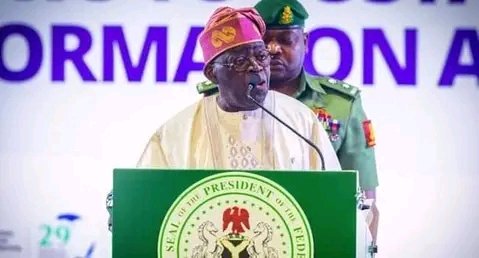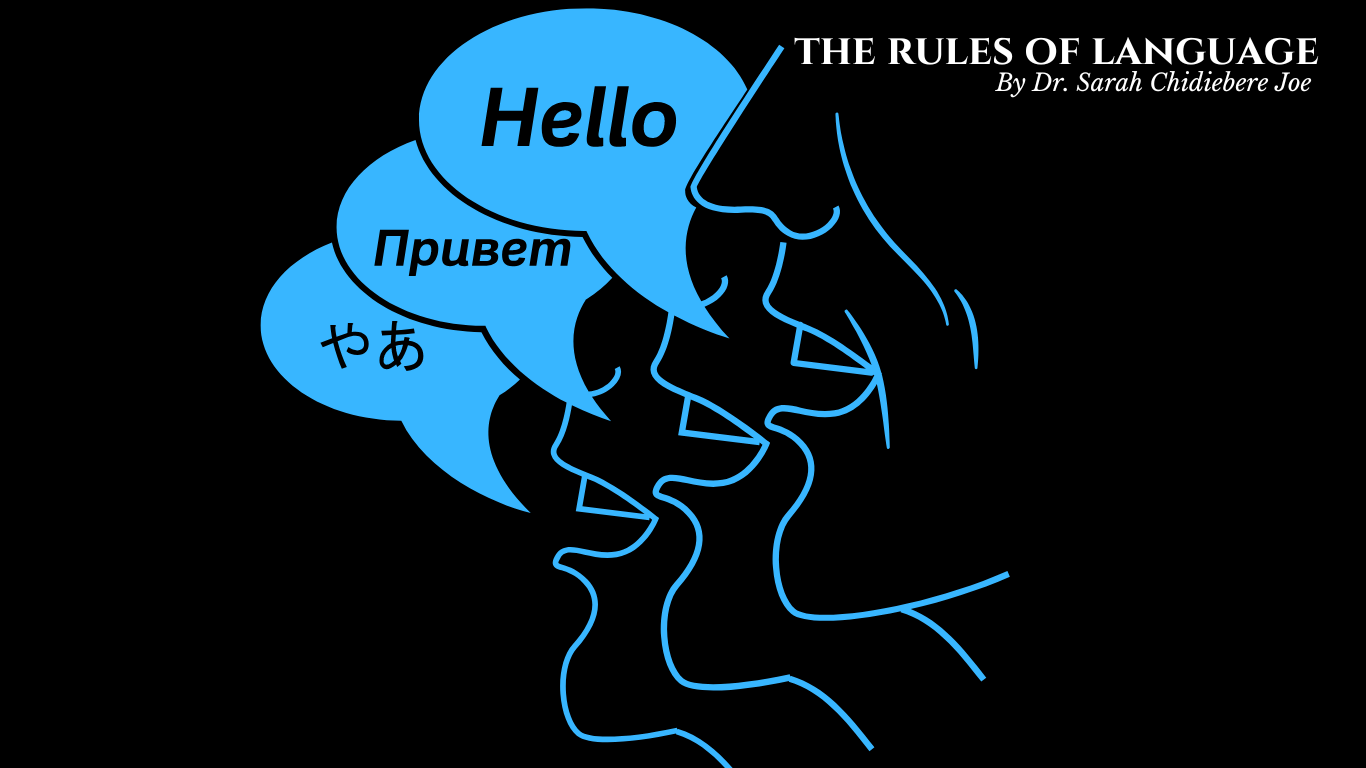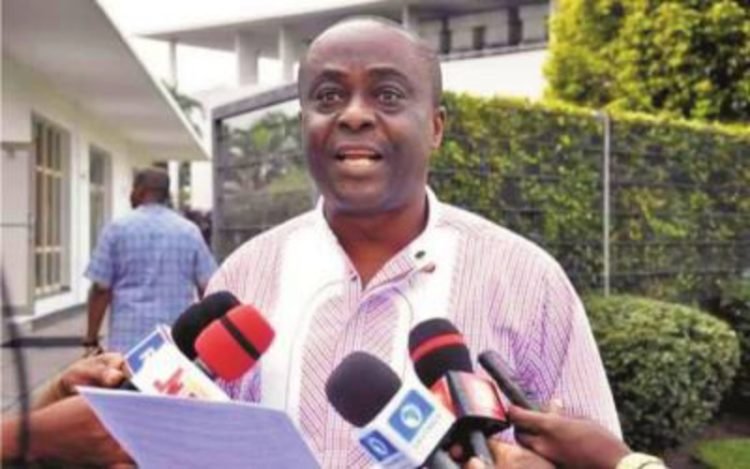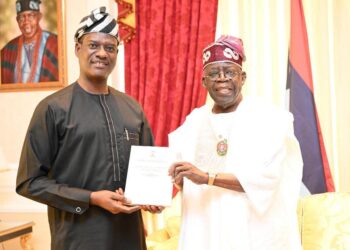The Federal Government has introduced a revised national curriculum for basic, senior secondary, and technical education, aimed at reducing subject overload and better equipping Nigerian students for future challenges.
The new framework was formally presented in Abuja on Friday by the Minister of State for Education, Prof. Suwaiba Ahmad, who represented the Minister of Education, Dr. Maruf Alausa, and was announced in a statement issued on Sunday by the ministry’s Director of Press and Public Relations, Boriowo Folasade.
Prof. Ahmad said the review was carried out in collaboration with the Nigerian Educational Research and Development Council (NERDC), the Universal Basic Education Commission (UBEC), the National Senior Secondary Education Commission (NSSEC), and the National Board for Technical Education (NBTE).
She explained that beyond cutting down the number of subjects, the curriculum reform seeks to strengthen content, deepen learning, and make education more relevant to national development.
Under the new structure, pupils in Primary 1–3 will take between nine and 10 subjects, Primary 4–6 pupils 10–12 subjects, and junior secondary students 12–14 subjects. Senior secondary students will be restricted to eight or nine subjects, while those in technical schools will be offered between nine and 11 subjects.
The revised curriculum will be implemented gradually from the 2025/2026 academic session to allow schools and teachers to adjust to the changes.
According to the ministry, the reform is expected to improve quality, eliminate duplication of content, and equip Nigerian learners with 21st-century skills.
















